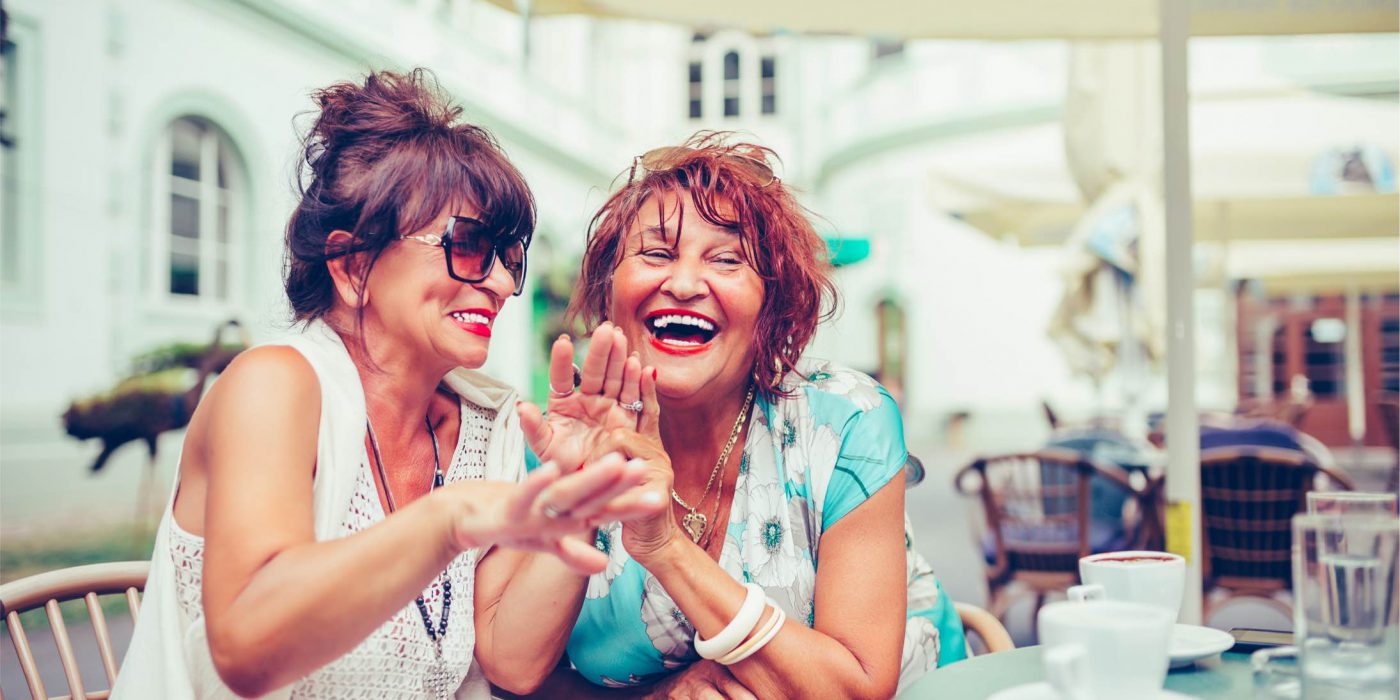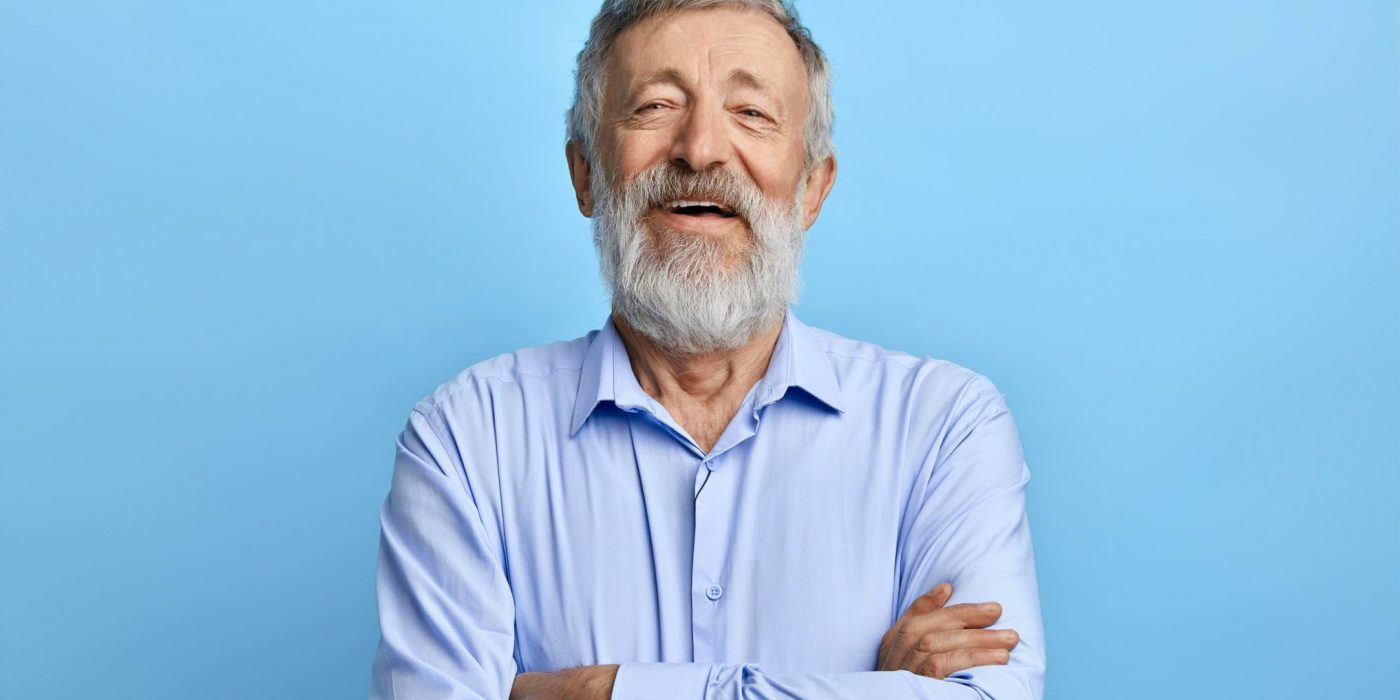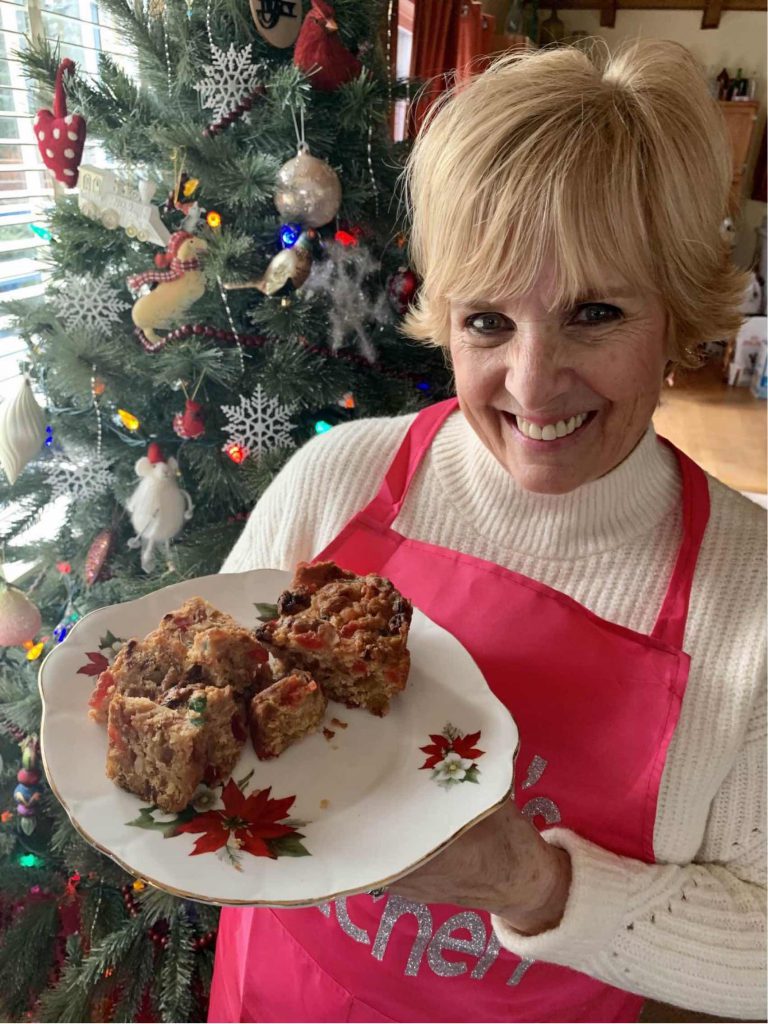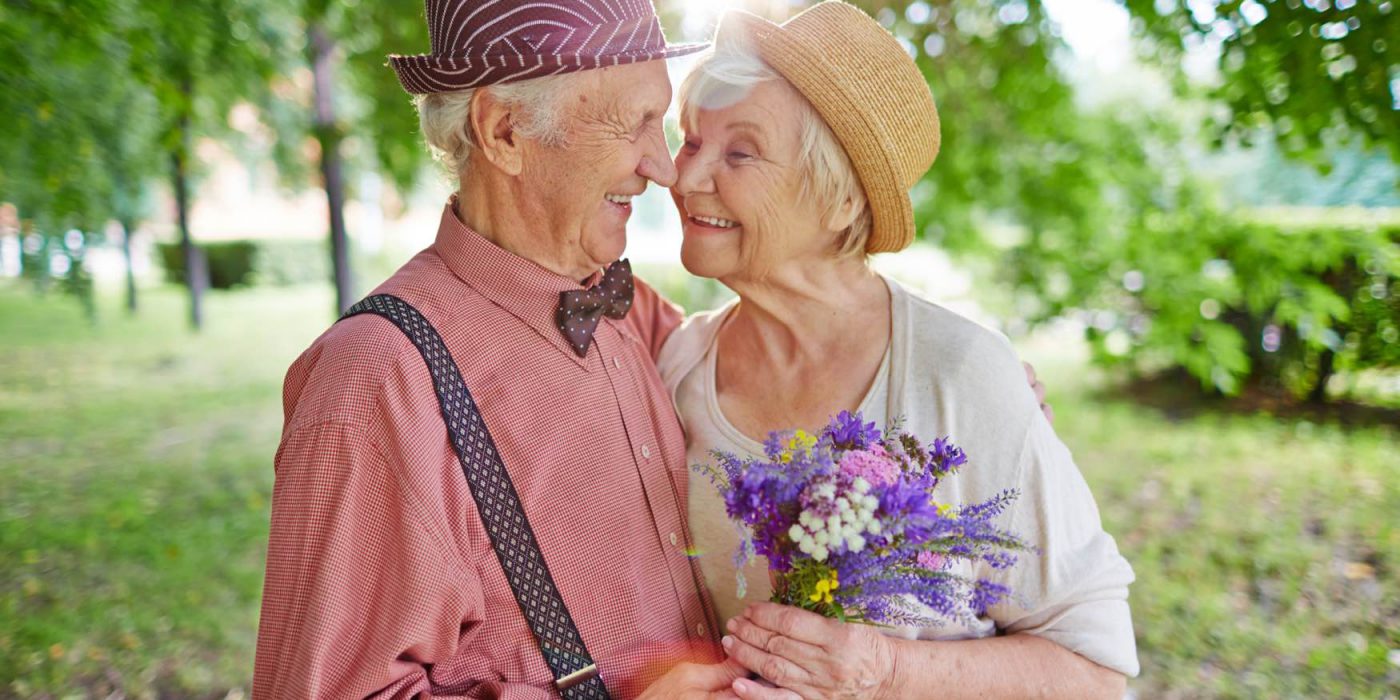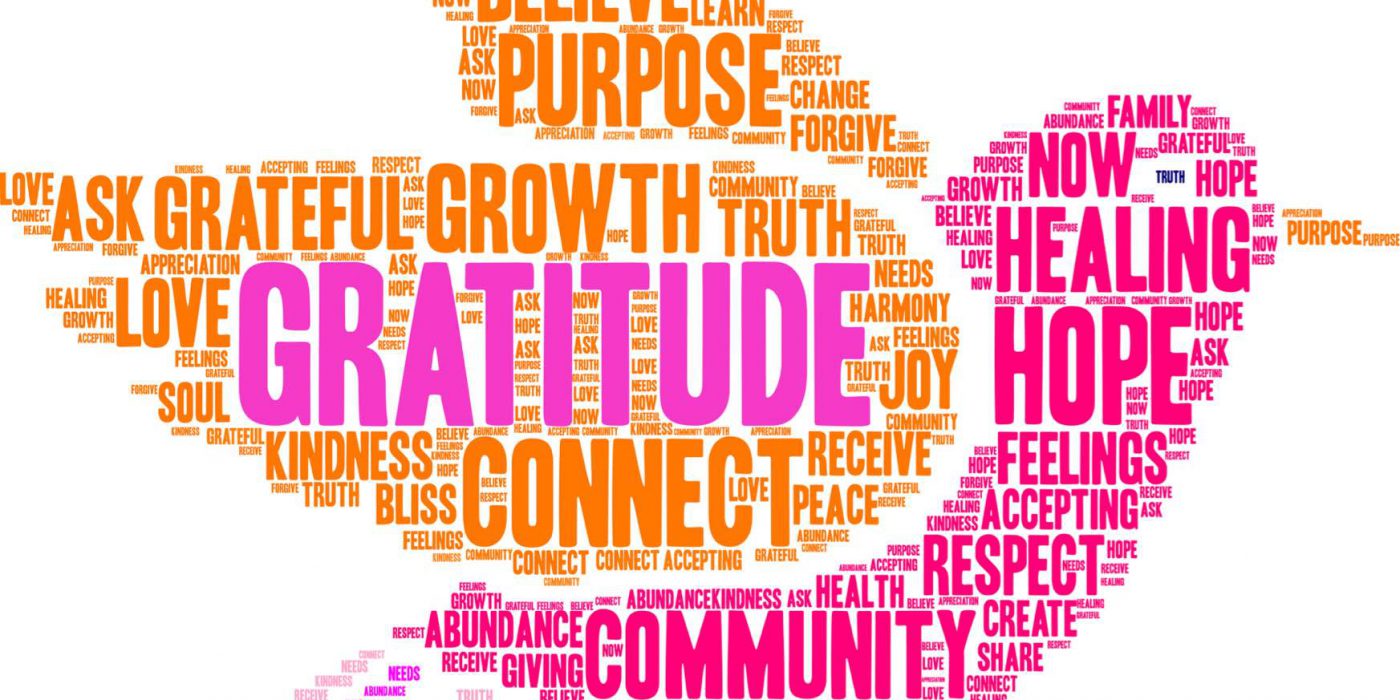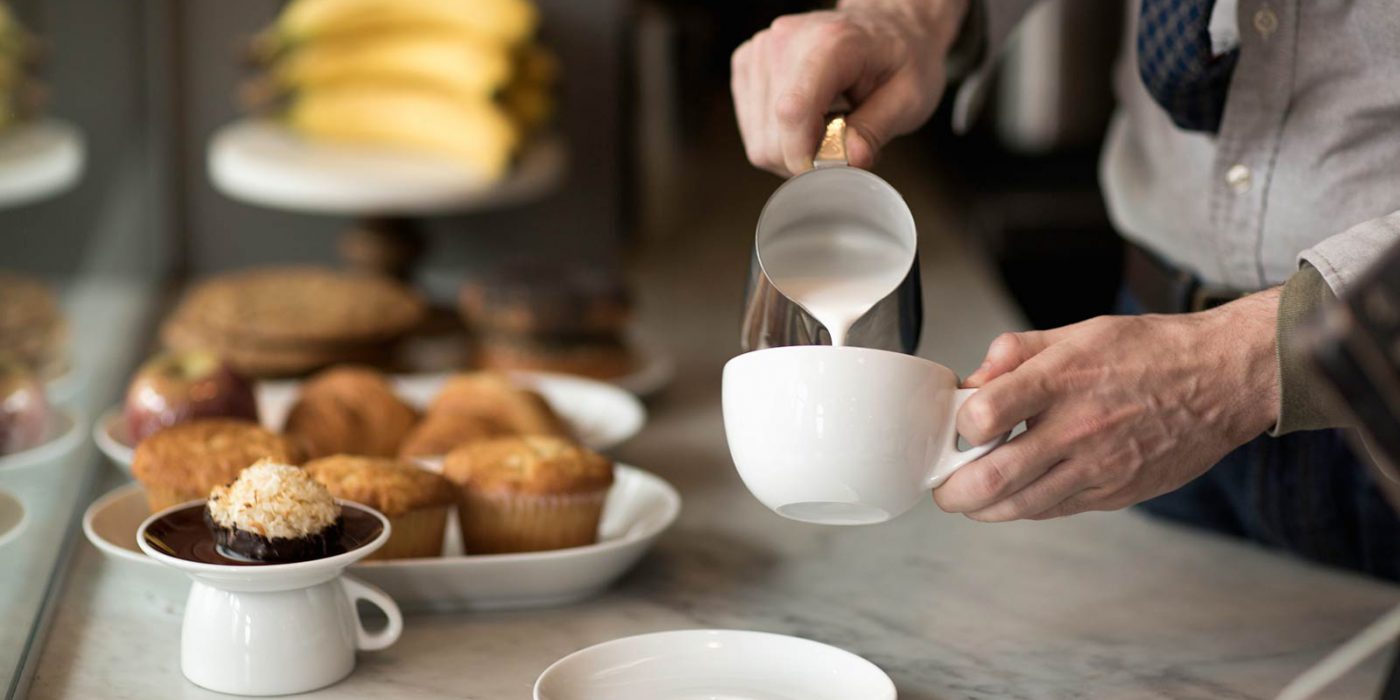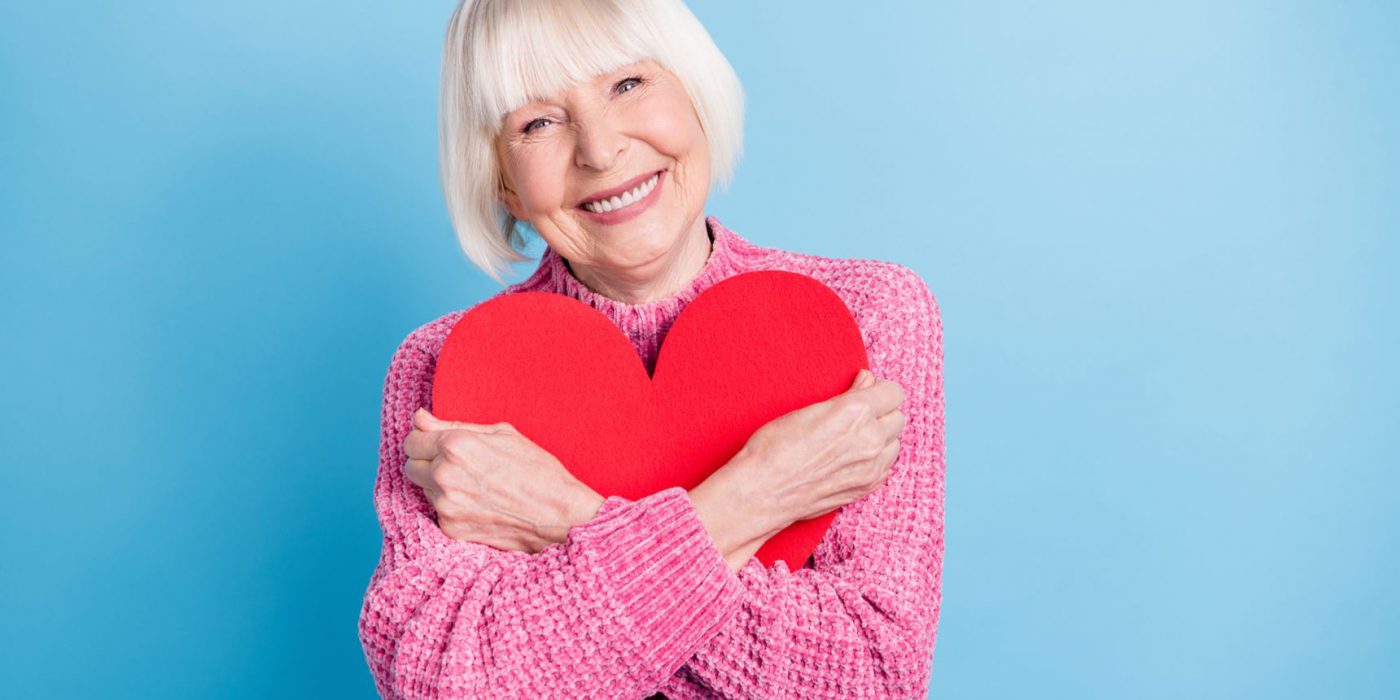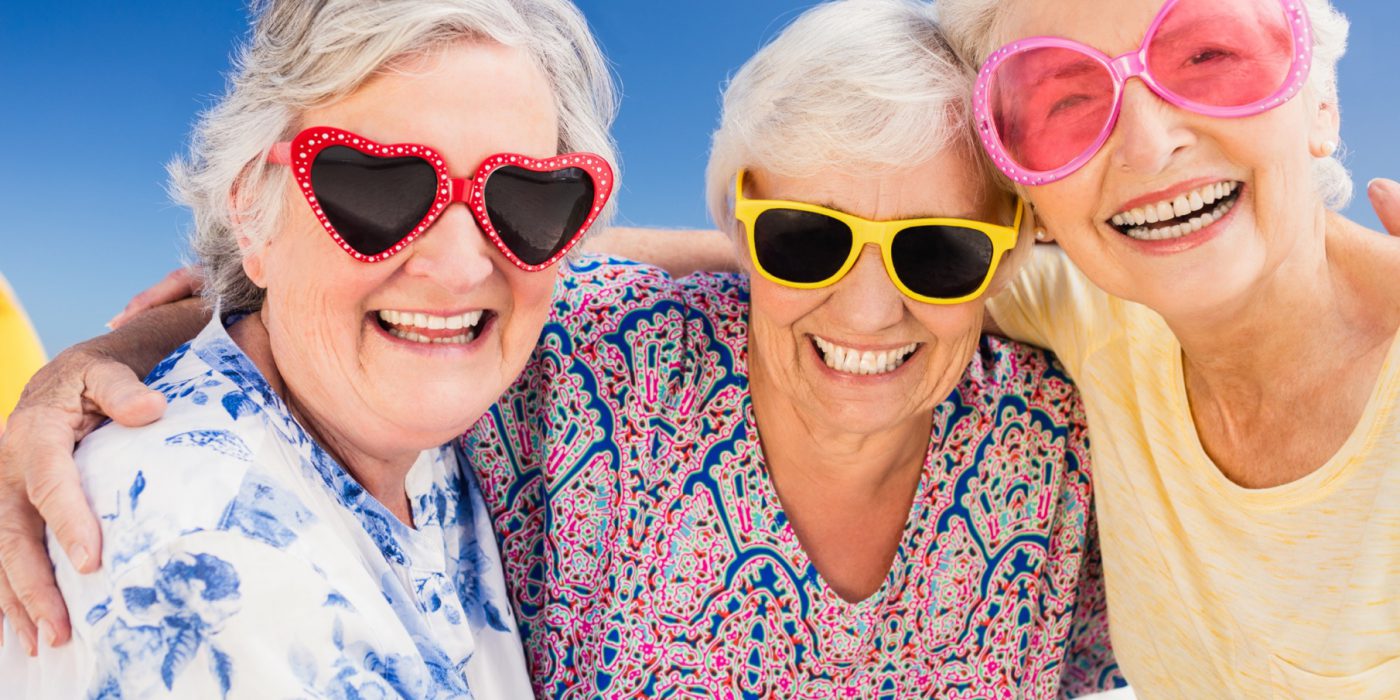Change your World by Changing your Words
What does it take to be a good communicator? Just because we can speak doesn’t mean we’re great at communicating but it’s a skill we can all learn and improve on. Surprise! Being a good communicator entails being a good listener too. We’ve all encountered people who listen just waiting for a chance to say something. You can be sure they’re not really listening to what you have to say and it’s important to recognize that, so you don’t waste not only your words but your time and energy. Keep that for people who want to listen to what you have to say. I believe we all deserve to be heard; it’s all in how we present ourselves and how we receive others.
“Communication is a skill that you can learn. It’s like riding a bicycle or typing. If you’re willing to work at it, you can rapidly improve the quality of every part of your life.” Brian Tracy
I’ve come to understand good communication as a superpower and I’ve learned from years of being a people pleaser that there’s absolutely nothing for me to gain in telling people what I think they want to hear. People are smart; they figure it out. I’ve been a student of communication since my University days at McGill and over four decades as a journalist and interviewer. I’m always working on improving my skill and as a coach, I enjoy supporting others as they learn about the power their words carry. Becoming mindful of our tone when we’re speaking can make a big difference in how our words are received by others. Communication is a powerful spark of life that connects or disconnects us as humans. When someone says something that hurts your feelings, you feel it, as you do when someone says something that lights you up. Being mindful of how we use our words makes the difference between a positive encounter that leaves everyone feeling good and a negative experience that leaves everyone feeling less than satisfied. It’s up to us which one we choose.
“It’s important to make sure that we’re talking with each other in a way that heals, not in a way that wounds.” Barack Obama
Being a good communicator requires that we’re curious, interested in others and that we notice what’s happening in front of us. Behavioral psychologist Dr. Albert Mehrabian’s extensive research on the topic of body language resulted in the 7-38-55 rule showing that 7% of all communication consists of words, whereas the nonverbal component such as the tone of our message makes up 38% and 55% is attributed to our body language. This information is very much relevant today, especially with people wearing masks and doing their best to communicate over Zoom.
Several years ago, my brother took me to dinner at a very fancy restaurant. He said let’s start speaking loudly and observe what happens in the room. We raised our voices a little and as we did, so did everyone around us. The level of noise in the room went up, it was the strangest thing. Same thing when you’re in a stressful situation, if you raise your voice, you’ll raise the stress. Likewise, if you speak calmly, your tone will help to dissipate the stress. Good communicators are naturally good leaders because they’re aware of what’s going on around them and they respond in a mature and compassionate manner.
Being mindful of the words we choose to use has great impact. Do you use positive words that show your kindness and compassion or do you choose negative words that make you sound like you’re complaining? You are in charge of the words you choose in the same way that you’re in charge of the thoughts you choose to think. You may have heard me say before that complaining is a sure sign that we’re ready to change something and maybe all we need to do is change how we communicate what we’re thinking and feeling. I get it, frustration fuels complaining but it’s our frustration and it has nothing to do with anybody else. There’s always a solution when we approach a challenge with a compassionate mindset instead of negativity or complaining.
Learning to improve our communication skills is really good for our mental health. Communicating well helps us to provide clarity and creates better relationships because it shows people that we care about them. Remember communication is your superpower too. Let’s all do our best to choose words that heal instead of harm. The next time you’re in a social situation, keep in mind that your words have great power and you can change someone’s day for the better by choosing your words carefully.
Here are a few tips to improve your communicating skills:
-Know your audience and act accordingly. Not everyone is into jokes but if you’re into them go ahead and tell one. Gauge the response and if people are interested keep going. If they don’t seem interested, try asking them a question about their day or ask something about them. Remember communication is a two way exchange.
-Notice your body language. Crossing your arms over your chest sends a message that you’re closed off, even when you’re not. Using open body language: uncrossed legs and arms send a signal that you welcome what the other person is saying.
-Practice active listening. This is especially important in a serious discussion. To ensure you’re hearing what the other person is saying, wait for a pause and say back to them what you heard. This helps to avoid misinterpretation and misunderstandings.
-Take a beat before you respond. It’s so easy to overreact and we need to watch that behavior. Before you respond, especially in a stressful or heated discussion, take a minute to think through what you really want to say. Too often when we don’t take a pause before speaking, we say something we may regret later.
-Be optimistic and positive. If you’re being rude, you might get that coming back to you; if you’re positive and optimistic, chances are good that that’s how others are going to treat you too.
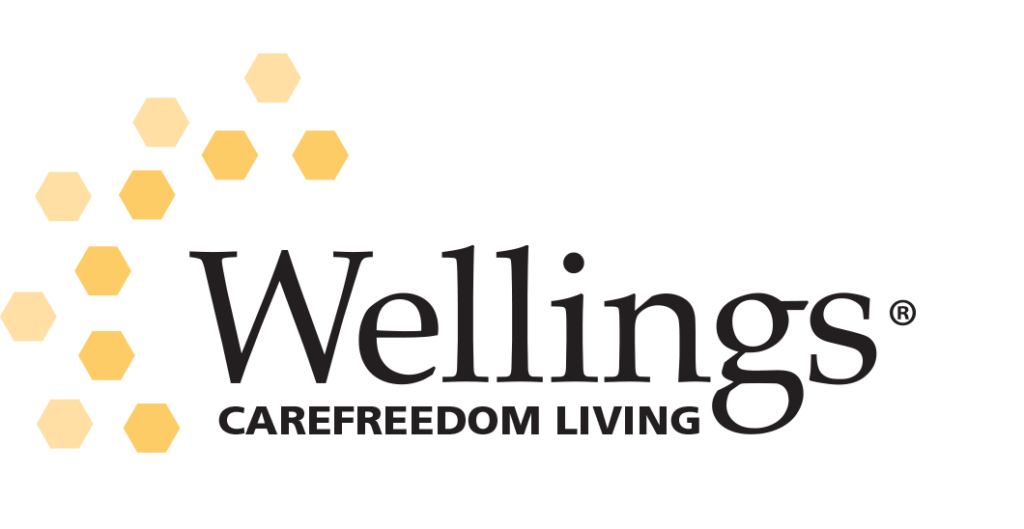
This Wellings blog by Kathie Donovan was exclusively written for Wellings Communities and appeared first on MyWellings.com.

